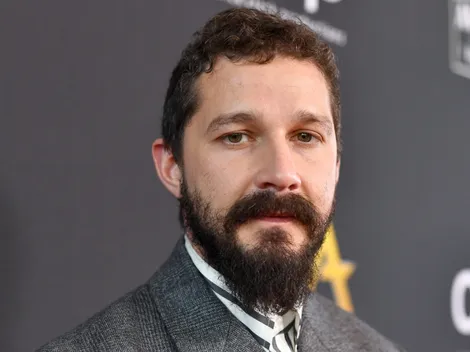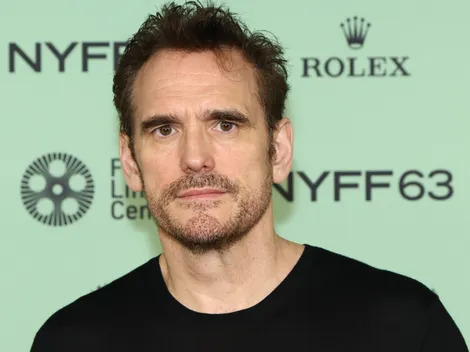The 2024 Olympic Games are coming to a close, and it’s undeniable that we’ve been thoroughly entertained. From Simone Biles and Rebeca Andrade to Kim Ye-ji, this edition of the world’s most important sporting event has delivered countless memorable moments.
We can’t forget the spectacular Opening Ceremony, where Lady Gaga and Celine Dion gave performances that lived up to their legendary status, alongside other incredible acts like Gojira. And, of course, who could forget the iconic Amazon and the mysterious masked man?
With such a high bar set by this show, all eyes are on the closing event. Fortunately, its artistic director, Thomas Jolly, is also at the helm of this finale. He’s given us some hints about what to expect for the theme, promising a conclusion that’s just as impressive—if not more so.
What theme will the 2024 Olympic Games closing ceremony feature?
After delivering an Opening Ceremony that cost millions, viewers were captivated by the range of themes Thomas Jolly showcased throughout the event. Major topics like liberty, fraternity, and equality were highlighted, along with secondary ones, ranging from French fashion to honoring the women who have shaped the nation.

Thomas Jolly for the Paris Aéroport magazine. (Source: Christophe Meireis)
According to the official Olympics website, for the Closing Ceremony, Jolly has opted for a more focused and cohesive theme. The finale, titled “Records,” will feature over 100 performers, including acrobats, dancers, and circus artists.
The presentation is designed to take viewers “on a journey into the past, to the origins of the Games, but also into the future, and ultimately to a timeless universe.” Much of the performance will take place in the air, accompanied by a dynamic lighting display.
Jolly emphasized the acrobatic nature of the spectacle and how it will underscore the significance of the Olympic Games, reflecting on the necessity of this celebration of sports in our contemporary world. He also revealed that the presentation will highlight the implications of a world without the Games, stating:
“The Olympic Games disappeared after antiquity and were re-founded in France by Pierre de Coubertin. We want to celebrate, but consciously. This moment of celebration will also be an opportunity to reflect on the importance of the Olympic Games in our society.”





